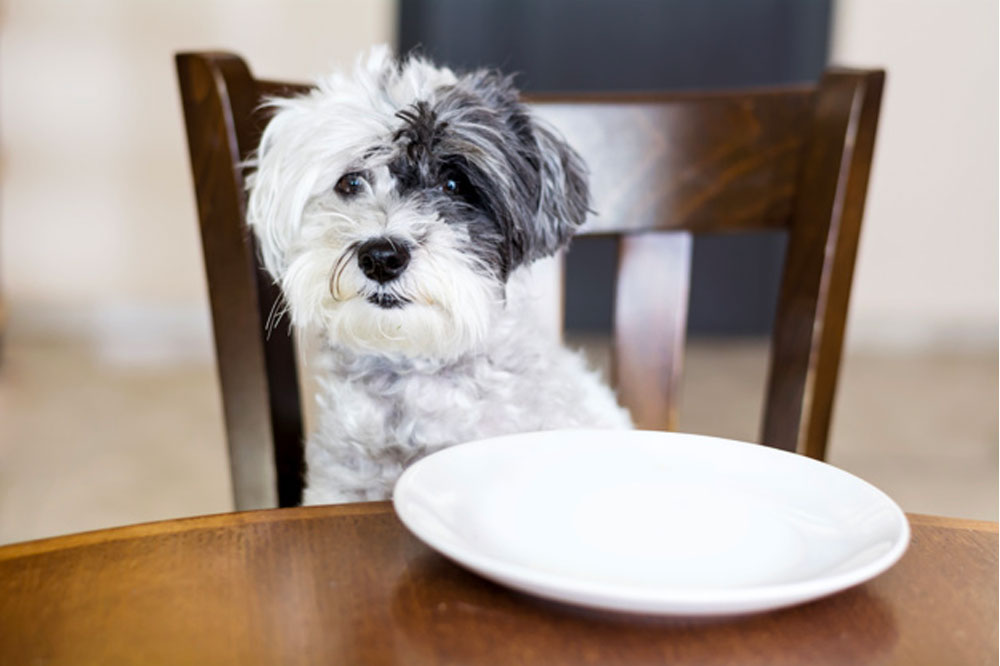
5 Healthy Food Tips For Dogs
Just as humans take care of their health, pets’ health also needs equal attention. To make sure your pet dog is free from any illness and lives an active, healthy life, providing him with nutritious food is a basic necessity. But just a walk down the pet food aisle in your local supermarket might presumably be a bewildering experience. With the number of dog food brands and a variety of flavors that are available, it is quite easy to lose track and be swayed by fancy names and claims that are created to merely increase sales. Here are 5 healthy food tips for dog owners that you might find useful.
- If you have brought home a new pup, or if you have adopted a senior dog, feed him the food he was used to earlier for the first few days. Likewise, ensure to make the transition easy for your dog. In the initial days try to give a mix of both the familiar and new foods. Then gradually reduce the proportion of the familiar food and increase the quantity of the new food you are introducing him to. This will make sure both your dog and his digestive system get used to it progressively. This is the most important tip to know before you feed healthy food to your dog.
- Depending on the age, breed, size, and activity level of your dog, you could choose to give either dry kibble food, prescription kibble food, wet canned or pouch food, home-made dog food or an assortment of all these. But whatever diet you decide to feed your dog, first consult the veterinarian and check if it will be completely wholesome and nourishing for your canine friend.
- If you have a young pup, feed him good quality food that will boost his growth and development. The healthy food will make his bones and muscles strong, and further build his immune system. If you have an elderly dog with specific needs, then a prescription diet that suits his health condition is most ideal. But whatever the age of your dog, he will surely relish having wet food which is protein-rich and super tasty.
- You can choose to feed him commercially prepared kibble food that is most convenient for you or give him a mix of the kibble and some home-cooked food. The best foods to supplement his kibble feed are human-grade cooked or raw meat that is free from preservatives and chemicals, fresh catch fish without bones, canned tuna, sardine, or salmon (in water), vegetables like sweet potato, pumpkin, or carrots and brown rice that is rich in fiber.
- Irrespective of the type of food you choose to provide your dog, ensure there is always a bowl of freshwater for him to drink. Clean the bowl and replace the water every day to ensure there is no bacterial build-up. And if he engages in physical activity like going on a hike with you or spends a day at the beach or park, or if it is the summer season, then he might need more drinking water. Be mindful of his needs because keeping your dog well hydrated is as important as feeding him the proper food.



